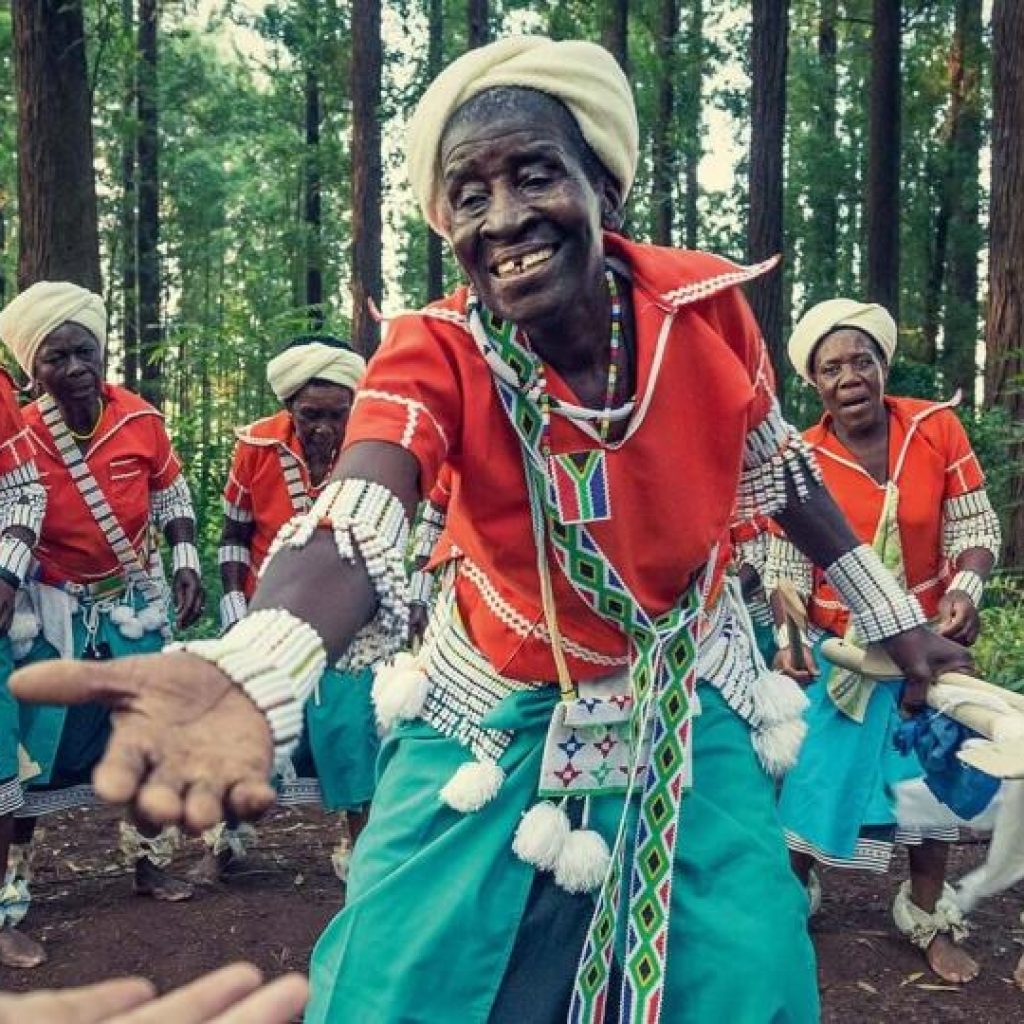
Johannesburg has recently been announced as the host city for the second World Tourism Association for Culture and Heritage (WTACH) Global Leaders Summit, which will be held in September next year.
The announcement was made by the CEO of WTACH, Nigel Fell, during this year’s inaugural WTACH Global Leaders Summit, which took place in Valencia, Spain, at the end of last month.
During this year’s summit, heritage tourism experts grappled with complex issues of presenting culture and heritage to tourists.
Dozens of delegates from 30 countries debated the latest issues, trends and opportunities affecting the sector, which accounts for 40% of all tourism activity, according to the United Nations World Tourism Organization.
Heritage tourism is worth around US$570 billion per year, said Scott Wayne, President of SWA Development, an international consultancy that specialises in sustainable solutions for destination development.
“Within the sector, 51- to 70-year-olds generate 60% of its revenue. However, 73% of millennials were interested in visiting cultural and historical places,” said Wayne.
The role of AI
The role of technology, not least artificial intelligence (AI), was centre stage at the summit, where presenters shared the latest cultural and heritage tourism insights from Iceland, Belize, Finland, Spain, Morocco, Ras Al Khaimah in the UAE, and other destinations.
“We should be more worried about AI than climate change,” said Yrjotapio Kivissari, CEO of Visit Oulu, Finland.
He admitted that while many operators, including his organisation, used AI, the technology was being abused by destinations that were happy to mix fake images with real ones in their marketing.
However, he predicted that AI would very quickly remove language barriers in culture tourism settings.
At the summit, Wanderlust magazine revealed 3D headsets that gave destinations the ability to show 360-degree immersive visual and sound experiences. Its executives used samples from Petra, Fiji, the Norwegian fjords and the Holi festival of colours from India to show how immersive headset technology was transforming destination marketing.
Delegates learned that new technology could serve traditional local artisans and communities. For example, ResiRest has established itself as a social enterprise that helps 9 000 families in 50 countries by connecting them with tourists who want an authentic destination dining experience with a local family in their house.
Heritage tourism finance
With regard to heritage tourism finance, delegates admitted that the fight for adequate funding was perpetual.
“It was imperative for governments and donors not to just think about ROI in terms of money. It should also be expressed in job creation, a sense of ownership and pride, training and employability, cultural value, environmental gain and social inclusion,” WTACH said in a press release.
Summit attendees said there should be a task force set up to address investment issues in culture and heritage tourism.
The event’s debate facilitator, Rajan Datar, told the audience that WTACH should consider supporting skills in financial proposal writing.
However, a delegate from French Polynesia said it was imperative for politicians to listen, but the only way to ensure that was to “vote well”.
Chris Flynn, Chairman and Founder of WTACH, said: “There was a wonderful engagement between varied culture and heritage tourism leaders, analysts and stakeholders at the inaugural WTACH summit in Valencia. We will build on the success and take the important work of culture and heritage in tourism to the next level in Johannesburg next year.”
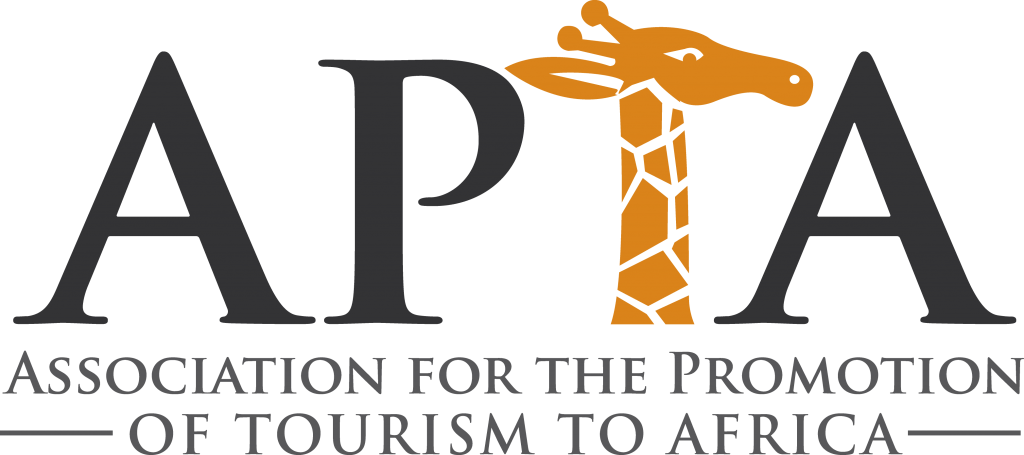

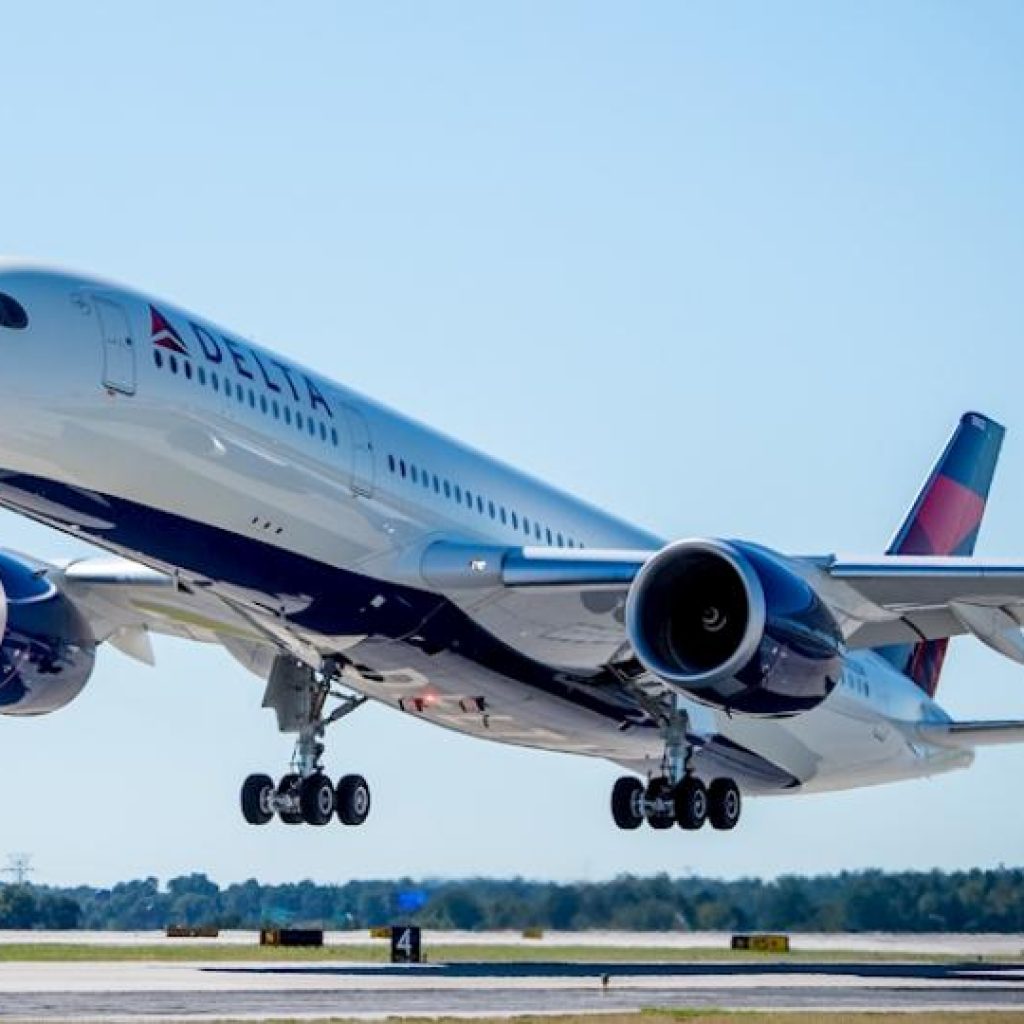
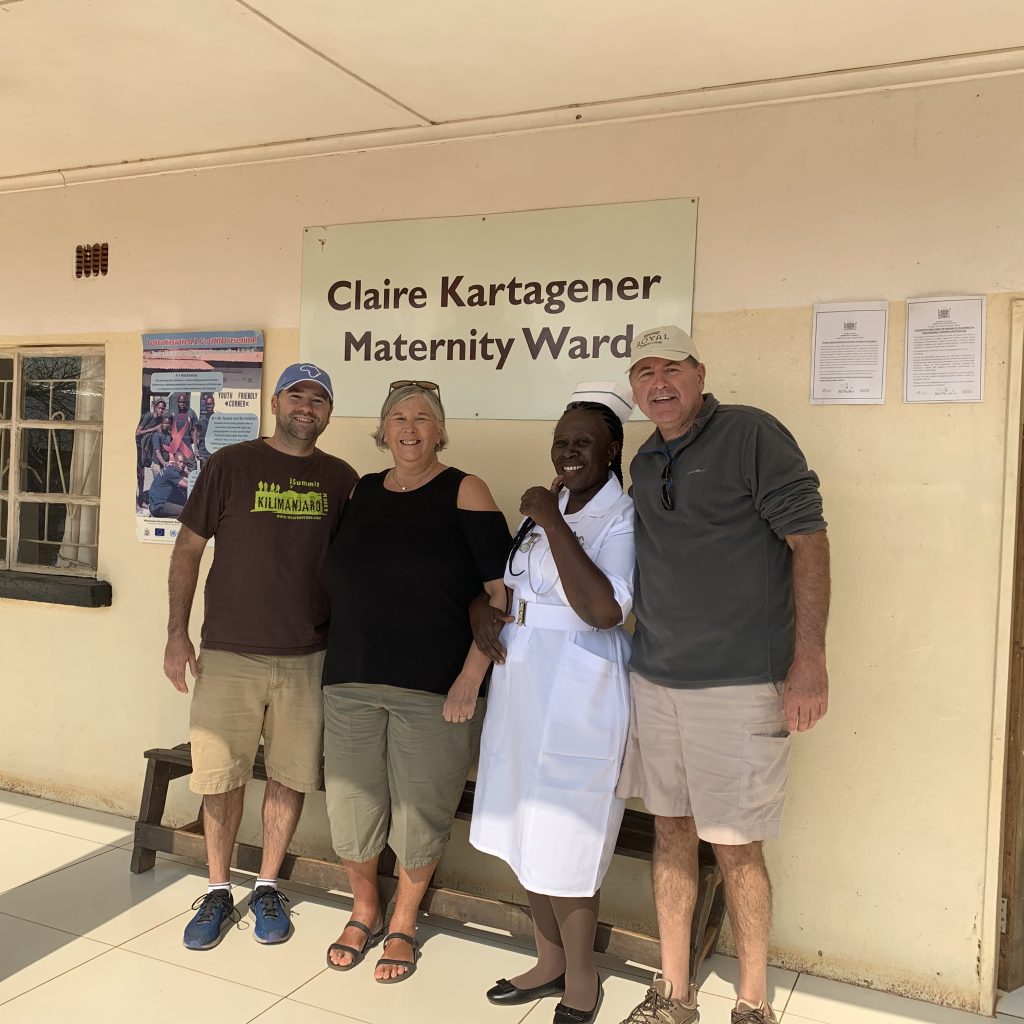

About The Author: David DiGregorio
More posts by David DiGregorio